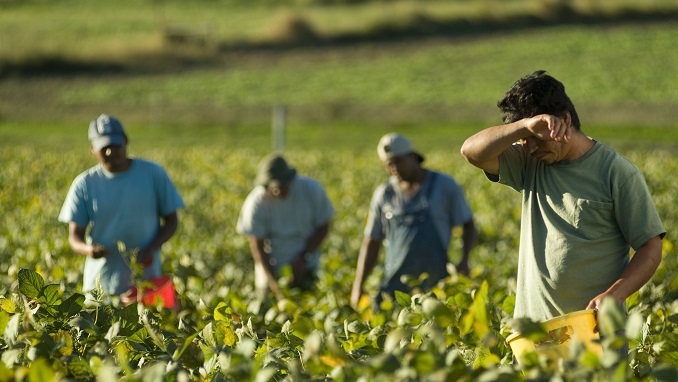Some 80 miles from the capital Moscow, Russian farmers and small businesses around Kolionovo are ditching the ruble and switching to a newly-promoted cryptocurrency — the kolion — to pay for local trade, CNN reports.
A local banker-turned-farmer, Mikhail Shlyapnikov, led the way. When he was diagnosed with cancer a decade ago, he moved out of the city with the aim of reviving a dying village. Five years later, when he tried obtaining funds to develop his plant nursery, Shlyapnikov ran into an obstacle many small Russian businesses face: banks wanted to charge 12% interest to lend him money.
“I didn’t want to suffocate and be a slave of the banks,” Shlyapnikov says, putting a hand on his throat. “So I had to invent my own money. And I did it. I’m my own bank, government, regulator.”
The farmer started issuing paper kolions in 2014, but they were banned by a Russian court in 2015. So he started working on a cryptocurrency version, and in April 2017 raised $500,000 in an initial coin offering (ICO).
Unlike bitcoin, Shlyapnikov’s cryptocurrency can’t be mined using a computer. The digital tokens can be bought using a range of other cryptocurrencies, or earned through a process called “plowing” — helping the residents of Kolionovo with farming and construction work.
The new system is changing the way people do business in the village. Shlyapnikov, who calls himself an “agro-anarchist” and throws parties honoring Karl Marx, uses the currency to support what he calls the “Kolionovo Ecosystem.”
He has persuaded about a hundred farmers and suppliers in the neighboring villages to use kolions for local trade, making paper money a rarity in the community.
“We now have about $2 million in kolions because its value has jumped since the ICO,” Shlyapnikov says, adding that the currency is backed by a reserve of 500 bitcoins (worth roughly $3.7 million at current prices.)
“This way we can attract real money into the business,” and connect the cryptocurrency with the real economy, he added.












